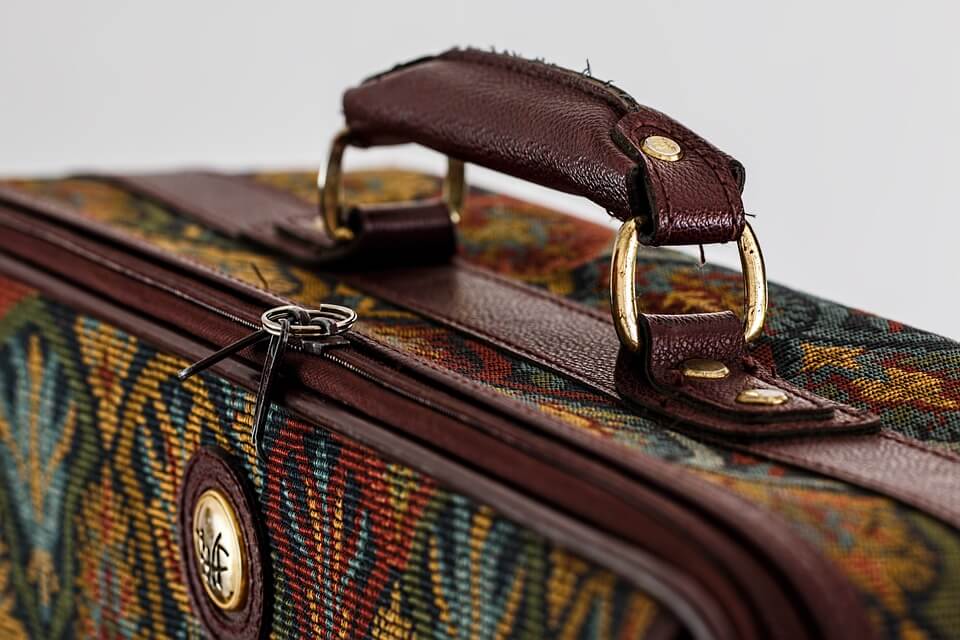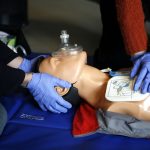Vacation coming up? Ensure the safety of your home while you’re gone, as well as your own safety in a new destination. Here are some basic tips to get you started.
Prepare for a Safe Trip
The first thing you might want to do is make sure you have a home sitter while you’re gone. Even if it’s just to have someone drive by your place once a day, or to turn on lights or move cars in the driveway to make it look as though someone is home. You can ask your mail carrier to hold your mail while you’re gone, or have this house sitter bring in your mail for you. If you have the luxury of automatic timers throughout your home, set them to turn on and off to deter burglars. Lock away or hide your valuables out of plain sight and protect your personal information by doing the following. Some important documents you might wish to copy and bring with you on your trip are credit cards, important identification, medical insurance cards, and traveler’s checks. Preparing your money to leave on an extended vacation is also important. Bring little cash (and in smaller denominations) and use credit cards, so you can more easily dispute any suspicious charges you find on your statement. Put your phone number, not your address, on your luggage tags and never post that you are going on vacation on online social networks.
Further Safeguarding Valuables
Always park your car in the most well lit places, and close all the windows. Keep valuables in the trunk or covered by a dark blanket. Always keep your monetary items on your person and not in the car (unless you can lock what you don’t need in a hotel safe), but it’s best you keep them in separate places on you so that if something were to happen, you would not be out all of your resources. Don’t hesitate to ask locals what areas are not best to explore if you are a vacationer who likes to “wing it”.
Sun Protection
Those who live in extremely cold climates know that sun exposure is just as dangerous in the winter or on a cloudy day than on any other day. It’s the UV rating that matters, so keep your skin and eyes safe with the following tips.
The best sunscreen you can purchase will say broad spectrum, meaning it protects against both UV-A and UV-B sun rays. It should have at least an SPF rating of 15. SPF stands for ‘Sun Protection Factor’ and the SPF rating indicates how often you will need to apply the product in minutes. An SPF 15 product should be reapplied every 15 minutes to work continuously. The American Optometric Association states that you should wear sunglasses at all times when you’re at risk of any sun exposure. Standard eye care in regard to the sun is to have sunglasses rated to screen 75-90% of visible light and 99% of the sun’s UV-A and UV-B radiation. Beware of photosensitivity that makes you more at risk of sun damage when taking any prescription medications. Ask your doctor before leaving town.
For more ways to protect yourself and any guests you’re bringing on your vacation, you can sit down with your itinerary and scan it while thinking of any possible things that may go awry. Or you can Google your destination and find out what other vacationers have posted online to best prepare others for their trips there!



